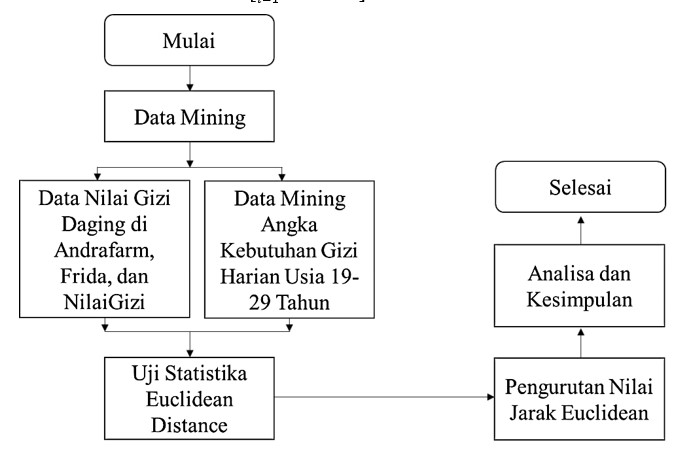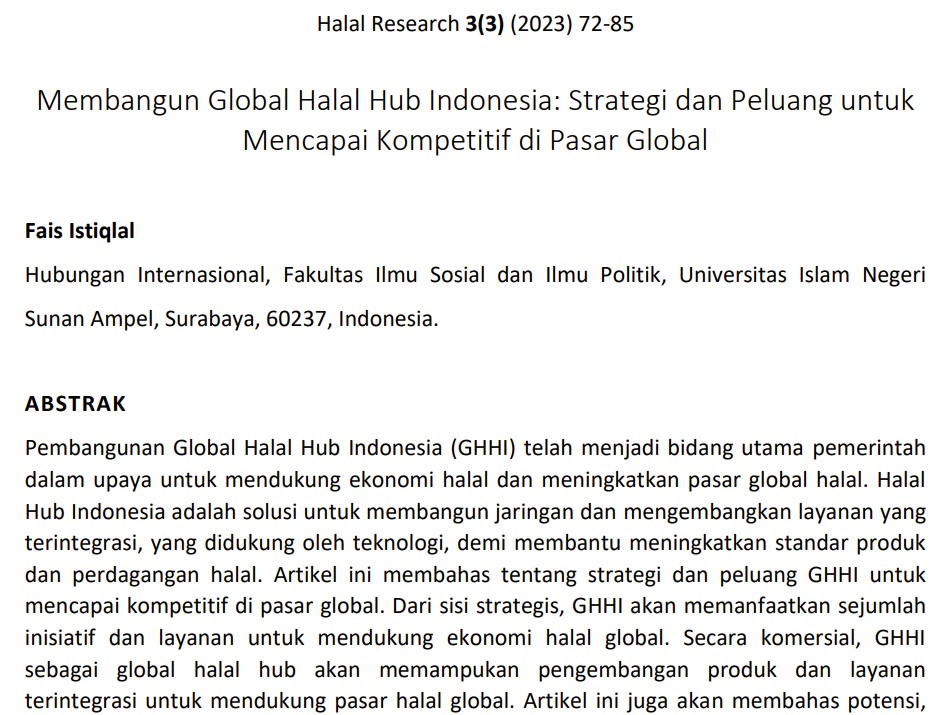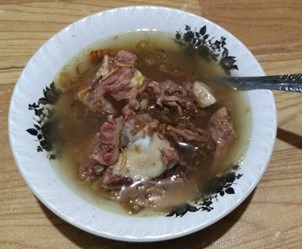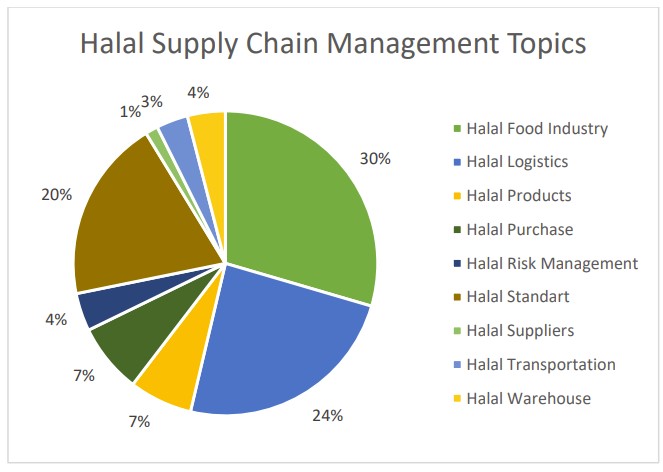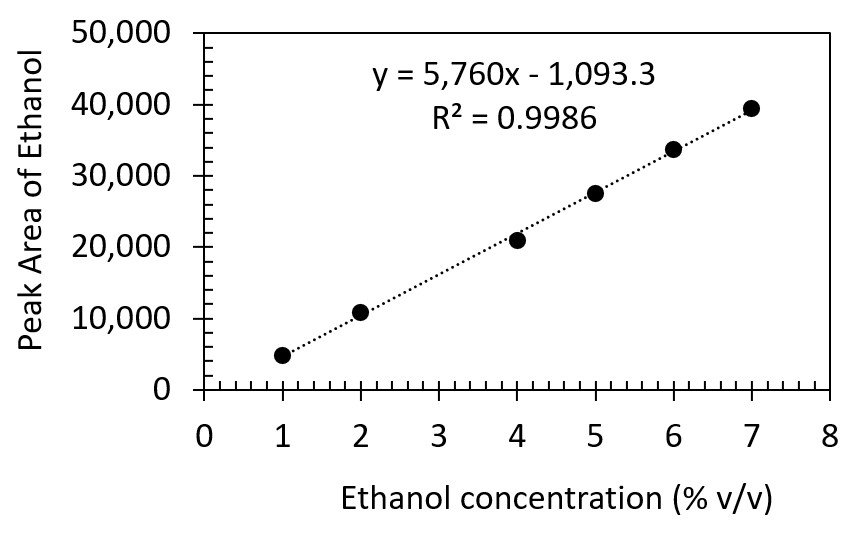In today's interconnected world, where cultural diversity and ethical considerations play a significant role, the study of halal practices has taken immense importance. The global landscape is witnessing a growing demand for products and services that adhere to halal principles, not only within the context of religious observance but also as a marker of quality, safety, and ethical sourcing. This compilation of research endeavors delves into a range of intriguing topics centered around halal practices, each contributing a unique perspective to this multifaceted domain.
The first exploration delves into a comparative analysis of the nutritional content of halal and haram meat, with a keen focus on the productive age group of 19-29 years. Employing the Euclidean Distance Method, this study sheds light on the potential impacts of dietary choices on health and well-being, unveiling insights that hold relevance beyond cultural boundaries.
Next, the spotlight turns to Indonesia's ambitious endeavor to establish itself as a global halal hub. As the world's largest Muslim-majority country, Indonesia's strategies and opportunities in building a robust halal industry resonate on a global scale. Through a meticulous examination of strategies and market dynamics, this study uncovers pathways for Indonesia to not only be competitive but also lead in the ever-evolving global market.
Amidst these discussions, the significance of safety in halal practices was explored in the context of Bebalung Lombok, addressing crucial critical halal points. This exploration delves into the complexities of ensuring halal compliance while maintaining the integrity of local traditions and practices, highlighting the delicate balance between cultural heritage and religious observations.
The realm of supply chain management takes center stage in subsequent studies, underscoring its pivotal role in upholding halal integrity. A meticulous bibliometric study reveals the trends, patterns, and emerging themes in halal supply chain management, casting a spotlight on the evolving landscape of this vital component of the halal ecosystem.
Lastly, the intricate world of traditional herbal medicine enters the discourse, as the determination of ethanol content takes the forefront. Employing Gas Chromatography (GC) as a tool, this study navigates the intricate realm of identifying ethanol levels in traditional remedies, ensuring that the coveted halal label is upheld while preserving the heritage and authenticity of these cherished practices.
As you embark on this journey through diverse halal investigations, an enriched understanding of the interplay between culture, religion, science, and commerce awaits. These studies collectively illuminate the multifaceted nature of halal practices and offer a glimpse of the efforts, innovations, and challenges that shape this evolving landscape.
DOI: https://doi.org/10.12962/j22759970.vi
Published: 2023-07-31

